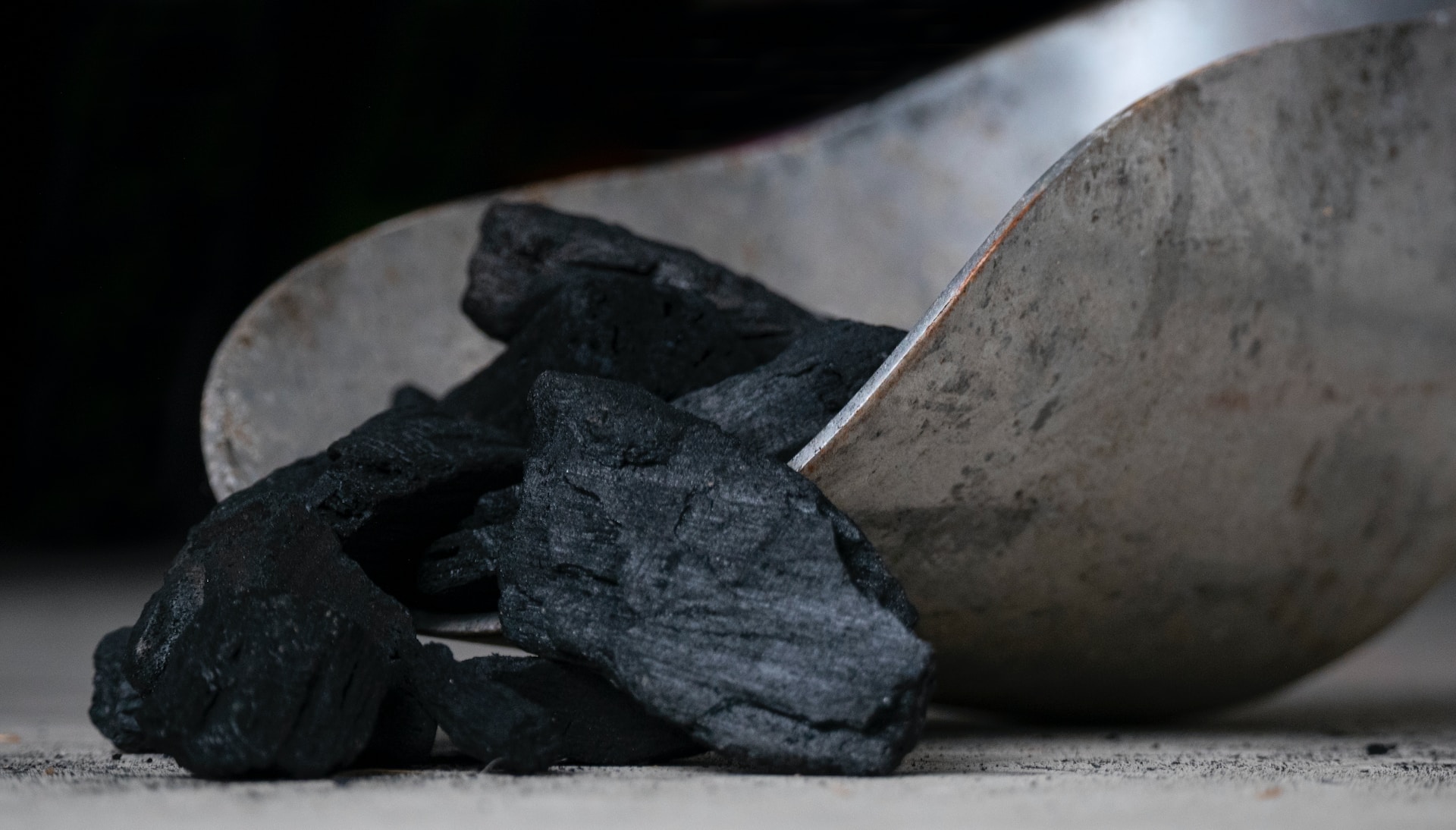Unveiling the Powerhouse of Coal Production and Export
As a resource-rich nation, South Africa stands tall as one of the seven largest coal-producing and one of the top five coal-exporting countries in the world. This distinction not only highlights South Africa’s pivotal role in the global coal industry but also underscores the importance of its coal exports in international energy markets. In this blog post, we’ll explore South Africa’s coal export landscape, including key importing nations, dollar values, prices, and shipping costs, providing valuable insights for commodity traders.
South Africa’s Coal Dominance
South Africa’s coal mining industry is a critical part of its economy and energy sector. More than a quarter of the coal mined in the country is destined for the international market. The majority of these exports depart from the Richards Bay Coal Terminal, the world’s largest coal export facility, which serves as a vital link between South African coal producers and the global market.
Key Importing Nations
South African coal finds its way to various corners of the globe. The primary importers include countries in Europe, Asia, and Africa. Notably, India, China, South Korea, and Japan are among the largest importers, driven by their substantial energy needs. European nations also feature prominently, with countries like the Netherlands and Germany relying on South African coal for their energy mix.
Market Values and Prices
The dollar value of South African coal exports represents a significant part of the country’s export revenue. However, the exact figures fluctuate based on global coal prices, exchange rates, and demand dynamics. As of the latest data available, South African coal prices varied, influenced by factors like coal grade, calorific value, and international market trends.
For instance, thermal coal prices from South Africa might range significantly, reflecting variations in quality and market conditions. These prices are also subject to change due to geopolitical events, environmental policies, and shifts in global energy demand.
Shipping Costs and Logistics
Shipping costs play a crucial role in the coal export business. The cost of transporting coal from South Africa to international destinations varies based on several factors, including shipping routes, fuel prices, and freight rates. For example, the cost of shipping coal to Asia is influenced by maritime routes and the distance covered, whereas shipping to European destinations might incur different costs.
The Richards Bay Coal Terminal’s efficiency and capacity significantly impact these logistics, as it dictates how quickly and effectively coal can be loaded onto ships and dispatched to various global destinations.

Promoting Our Premium Coal Supplier: High-Quality Specifications Meet Global Demand
Superior Coal from South Africa’s Richards Bay
As we explore the dynamics of South Africa’s coal industry, it’s essential to highlight our supplier’s exceptional product offerings. Sourced directly from the renowned export terminals at Richards Bay, our coal meets the highest standards, ensuring satisfaction for a range of international clients. Let’s delve into the specifications that set our coal apart.
RB1 and RB3 Coal: Exemplifying Excellence
Our supplier specializes in providing two primary types of coal: RB1 and RB3. These varieties are not only popular in the market but also come with assurances of quality and performance.
RB1 Coal Specifications:
- Calorific Value (Basis): 6,000 kcal/kg NCV (Net Calorific Value)
- Calorific Value (Minimum): 5,850 kcal/kg NCV
- Total Moisture (ARB): Maximum of 12.0%
- Volatile Matter (ARB): Minimum of 22.0%
- Ash (ARB): Maximum of 15.0%
- Sulphur (ARB): Maximum of 1.0%
- Hardgrove Grindability Index (HGI): 45-70
- Nominal Topsize: 50mm
- Initial Deformation Temperature (IDT – Reducing Atmosphere): Minimum 1,250° C
- Calcium Oxide in Ash (DB): Maximum 12.0%
RB3 Coal Specifications:
- Calorific Value (Basis): 5,500 kcal/kg NCV
- Calorific Value (Minimum): 5,300 kcal/kg NCV
- Total Moisture (ARB): Maximum of 14.0%
- Volatile Matter (ARB): Maximum of 22.0%
- Ash (ARB): Maximum of 23.0%
- Sulphur (ARB): Maximum of 1.0%
- Hardgrove Grindability Index (HGI): 45-70
- Nominal Topsize: 50mm
- Initial Deformation Temperature (IDT – Reducing Atmosphere): Minimum 1,250° C
- Calcium Oxide in Ash (DB): Maximum 12.0%
Flexible Trading Options
We understand that market conditions and client needs vary. Therefore, we offer contracts that can be traded on a fixed price or on an index-linked basis, specifically referencing the API4 index. This flexibility allows our clients to choose the trading arrangement that best suits their risk management strategies and market predictions.
Commitment to Quality and Consistency
Our supplier’s commitment to delivering coal that consistently meets these specifications is unwavering. We understand that quality and reliability are paramount in the coal industry, and our sourcing from South Africa’s Richards Bay ensures that we provide coal that not only meets but often exceeds international standards.
Conclusion: A Partner in Energy
In conclusion, our supplier stands as a beacon of quality and reliability in the global coal market. With our RB1 and RB3 coal offerings, we are poised to meet the diverse needs of the international community, backed by the assurance of superior quality, flexible trading options, and consistent supply. For those in the commodity trading sector looking for a dependable coal source, our supplier represents an ideal choice, capable of fulfilling even the most demanding requirements.
Photos by Joey Harris on Unsplash and Анатолий Стафичук from Pixabay


Leave a Reply